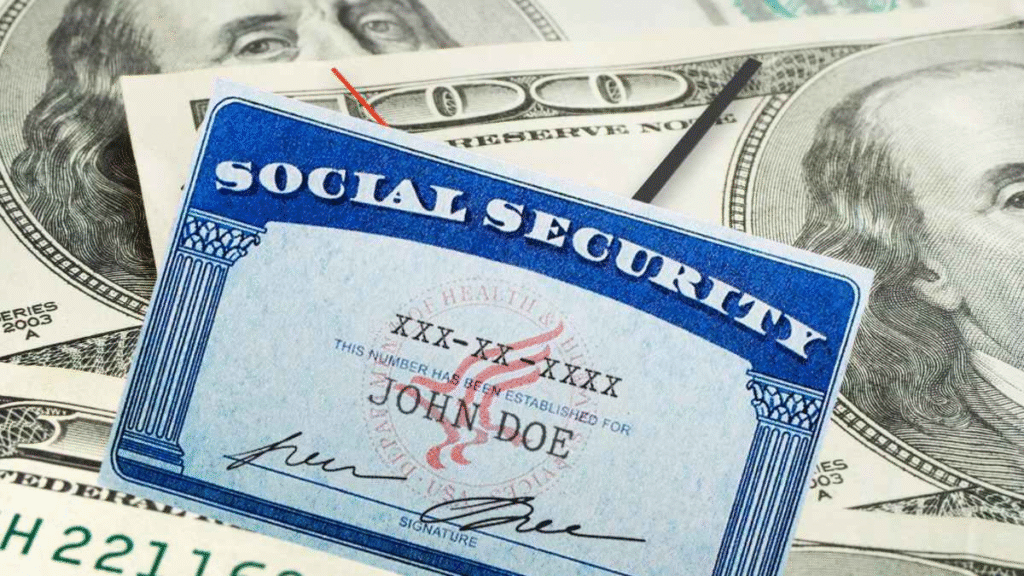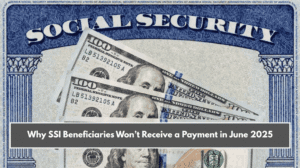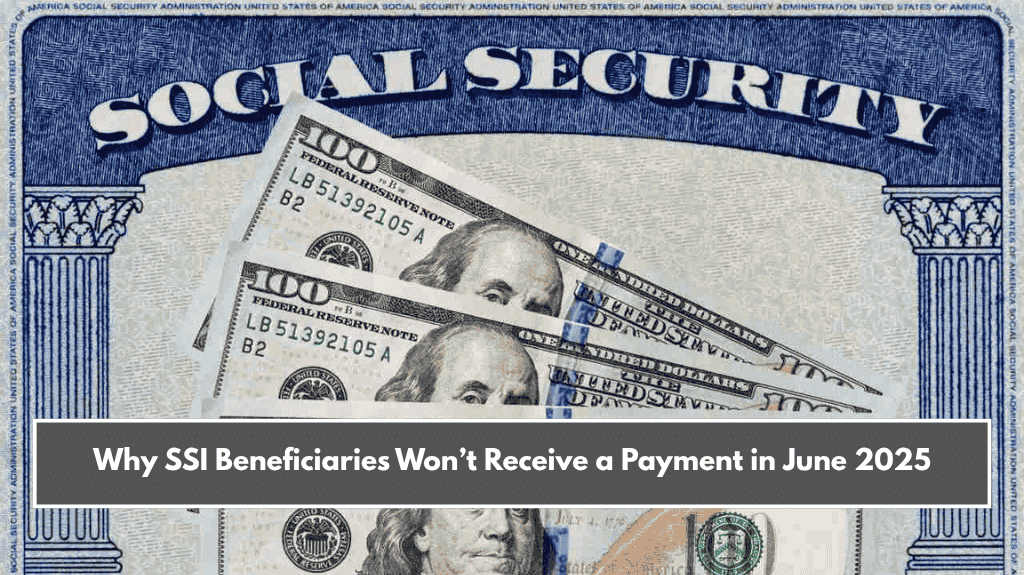If you’re someone who receives Supplemental Security Income (SSI), you might be surprised to see two payments hitting your account in May 2025. While it may look like an extra deposit, it’s actually not a bonus. This early payment is just the June benefit arriving early, due to how weekends affect payment processing.
In this article, we’ll explain why the second deposit is happening, how much SSI you can get in 2025, who qualifies, and the difference between SSI and SSDI. We’ll also clear up common questions to help you manage your benefits better.
Why Is There a Second SSI Payment in May 2025?
The Social Security Administration (SSA) sends SSI benefits on the first of each month. But if the 1st falls on a weekend or holiday, the payment is moved up to the last business day before that.
In 2025, June 1 falls on a Sunday. That means the June payment will be sent early—on Friday, May 30. This is why you’ll see:
- May’s regular SSI deposit on May 1, and
- June’s payment early, on May 30
So while it feels like two payments in one month, it’s just a timing shift—not extra money.
How Much Will SSI Beneficiaries Receive in 2025?
The maximum monthly SSI benefit for 2025 has been confirmed by the SSA:
- $967 for individuals
- $1,450 for eligible couples
These amounts are adjusted each year based on inflation, using the Consumer Price Index (CPI-W).
However, not everyone will get the full amount. Your actual benefit depends on:
- Your total earned and unearned income
- Your living situation
- Your personal resources, such as bank balances or property
Who Is Eligible for SSI?
The SSI program is for people who need financial help due to age or disability. To qualify, you must meet one of the following:
- Be 65 or older
- Be blind or disabled
- Have limited income and resources
For example, a single person must have less than $2,000 in resources. A married couple must have less than $3,000 in total assets. Also, you must live in the U.S. or a U.S. territory to receive benefits.
Even if you’re already getting Social Security retirement payments, you can still apply for SSI if your income is low.

Can You Receive SSI and Social Security Retirement Together?
Yes. If your Social Security retirement income is not enough, SSI can be added to give you extra support. Many people qualify for both, especially if they had low-paying jobs, part-time work, or reduced pensions.
This combination helps prevent poverty and food insecurity, especially among seniors and disabled individuals.
What’s the Difference Between SSI and SSDI?
Though they both come from the SSA, SSI and SSDI are not the same.
SSI is a need-based program. You don’t need work experience to qualify. It’s for seniors, people with disabilities, or those with very low income.
SSDI (Social Security Disability Insurance) is for people who:
- Have worked and paid into Social Security
- Can no longer work due to a serious health issue or disability
The maximum SSDI benefit in 2025 is up to $4,018 per month, depending on your work history and income before the disability.
You can get both SSI and SSDI if you qualify, but your total benefits cannot go above set federal limits.
If you receive SSI, remember that the second payment in May 2025 is not extra money. It’s your June payment sent early because June 1 falls on a weekend. The SSA does this to make sure you get your money on time without delay.
Understanding your benefit dates and how SSI works helps you plan your monthly budget and avoid confusion. You can also check if you’re eligible for both SSI and Social Security retirement, or even SSDI. Knowing the rules and the difference between programs ensures that you get the help you deserve when you need it most.















